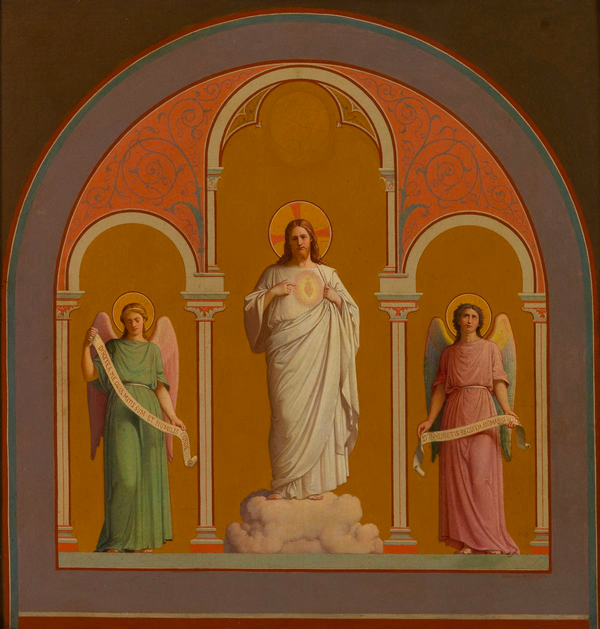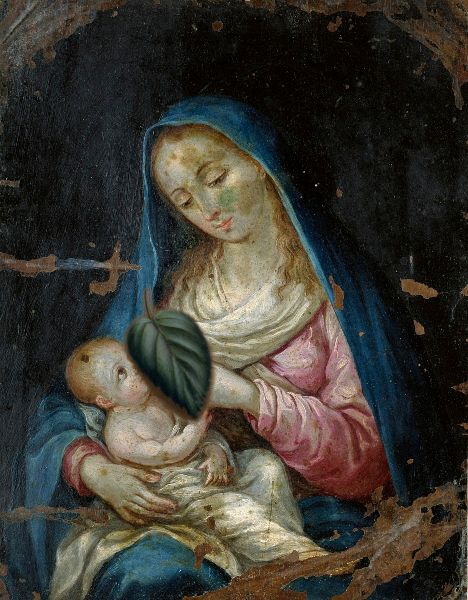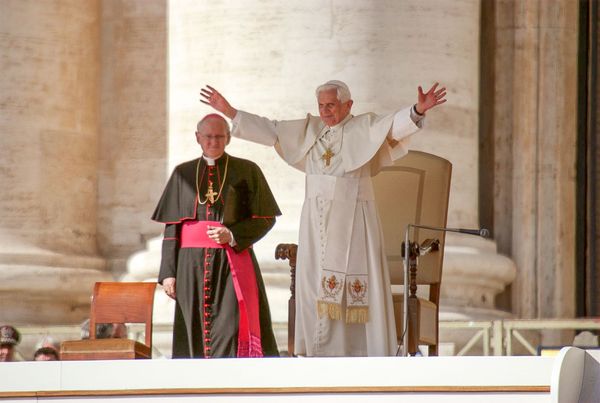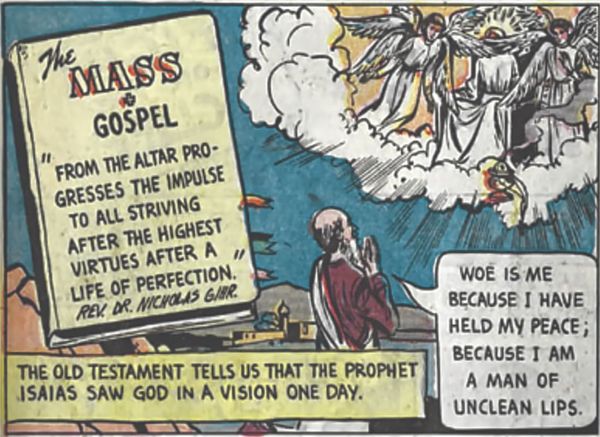Source: deadlysins.com
HISTORY
People have always been immoral, shiftless, and self-gratifying. But for ages, humankind struggled to find a conceptual system for their spiritual shortcomings.
The system had to be complex enough to cover a vast range of sins, yet simple and memorable enough to inspire guilt in an illiterate peasant.
A Catholic monk, Evagrius of Pontus, first drew up a list of eight offenses and wicked human passions around AD 350. They were, in order of increasing seriousness: gluttony, lust, avarice, sadness, anger, acedia, vainglory, and pride. Evagrius saw the escalating severity as representing increasing fixation with the self, with pride as the most egregious of the sins.
Pope Gregory the Great reduced the list to seven items. His ranking of the Sins' seriousness was based on the degree from which they offended against love. In the late 6th century, Pope Gregory the Great reduced the list to seven items, folding vainglory into pride, acedia into sadness, and adding envy. His ranking of the Sins' seriousness was based on the degree from which they offended against love. It was, from most serious to least: pride, envy, anger, sadness, avarice, gluttony, and lust. Later theologians, including St. Thomas Aquinas, would contradict the notion that the seriousness of the sins could be ranked in this way.
The term "covetousness" has historically been used interchangeably with "avarice" in accounts of the Deadly Sins. In the seventeenth century, the Church replaced the vague sin of "sadness" with sloth. Throughout the Middle Ages, Church hierarchy emphasized teaching all laypeople the Deadly Sins and Heavenly Virtues. Other spiritual manuals embellished on this tradition. The heavenly virtues help counteract temptation toward the Deadly Sins.
Since the Enlightenment Era, the seven deadly sins have been largely ignored and forgotten. They have not become any less potent or important, especially considering the vices that are prevalent in today's society. Now, more than ever, we need people who avoid vice and practice virtue. We cannot have a peaceful and prosperous society if we are unaware of the deadly sins and heavenly virtues. So please share this page with your friends and family and if you have kids, teach them about these sins and their opposite virtues.
THE SINS
PRIDE
The Sin of Pride is said by some to the the foremost of the Seven Deadly Sins. Hubris is the gateway through all other sin enters the mortal soul.
Pride is excessive belief in one's own abilities, that interferes with the individual's recognition of the grace of God. It has been called the sin from which all others arise. Pride is also known as Vanity.
“Never suffer pride to reign in thy mind, or in thy words: for from it all perdition took its beginning.”
Tobit 4:14.
ENVY
Envy is the desire for others' traits, status, abilities, or situation.
We commit envy because we believe other people are so much luckier, smarter, more attractive, and better than us.
"Forsake all fruitless labors and strife, and envy, which leads to death."
St. Clement
GLUTTONY
Gluttony is an inordinate desire to consume more than one requires.
"If you please and pamper your stomach, you will hurl yourself over the precipice of bodily impurity, into the fire of wrath and fury, you will coarsen and darken your mind, and in this way you will ruin your powers of attention and self-control, your sobriety and vigilance."
Bishop Ignatius Brianchaninov
LUST
Lust is an inordinate craving for the pleasures of the body.
"Guard your chastity, and let no thought enter your heart of another man's wife, or of fornication, or of similar iniquities; for by doing this you commit a great sin."
Shepherd of Hermas
ANGER
Anger is manifested in the individual who spurns love and opts instead for fury. It is also known as Wrath.
“The fervent blood of man quickened in his heart, through which he would harm to him that he hateth.”
Geoffrey Chaucer
GREED
Greed is the desire for material wealth or gain, ignoring the realm of the spiritual. It is also called Avarice or Covetousness.
"Greed is a sin directly against one's neighbor, since one man cannot over-abound in external riches, without another man lacking them... it is a sin against God, just as all mortal sins, inasmuch as man contemns things eternal for the sake of temporal things."
Thomas Aquinas
SLOTH
Sloth is the avoidance of physical or spiritual work.
"Sloth is the desire for ease, even at the expense of doing the known will of God. Whatever we do in life requires effort. Everything we do is to be a means of salvation. The slothful person is unwilling to do what God wants because of the effort it takes to do it. Sloth becomes a sin when it slows down and even brings to a halt the energy we must expend in using the means to salvation."
The Pocket Catholic Catechism
THANKSGIVING PRAYER
Almighty and eternal God, I adore Thee, and I thank Thee for all the benefits which Thou, in Thy infinite goodness and mercy, hast conferred upon me. In the name of the Father, and of the Son, and of the Holy Spirit.
Amen.
Thank You and God Bless +
And until next time … stay holy my friends!







